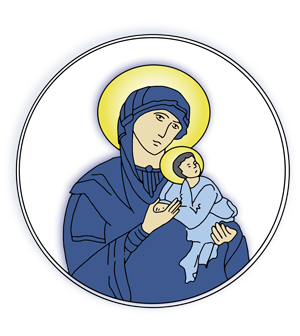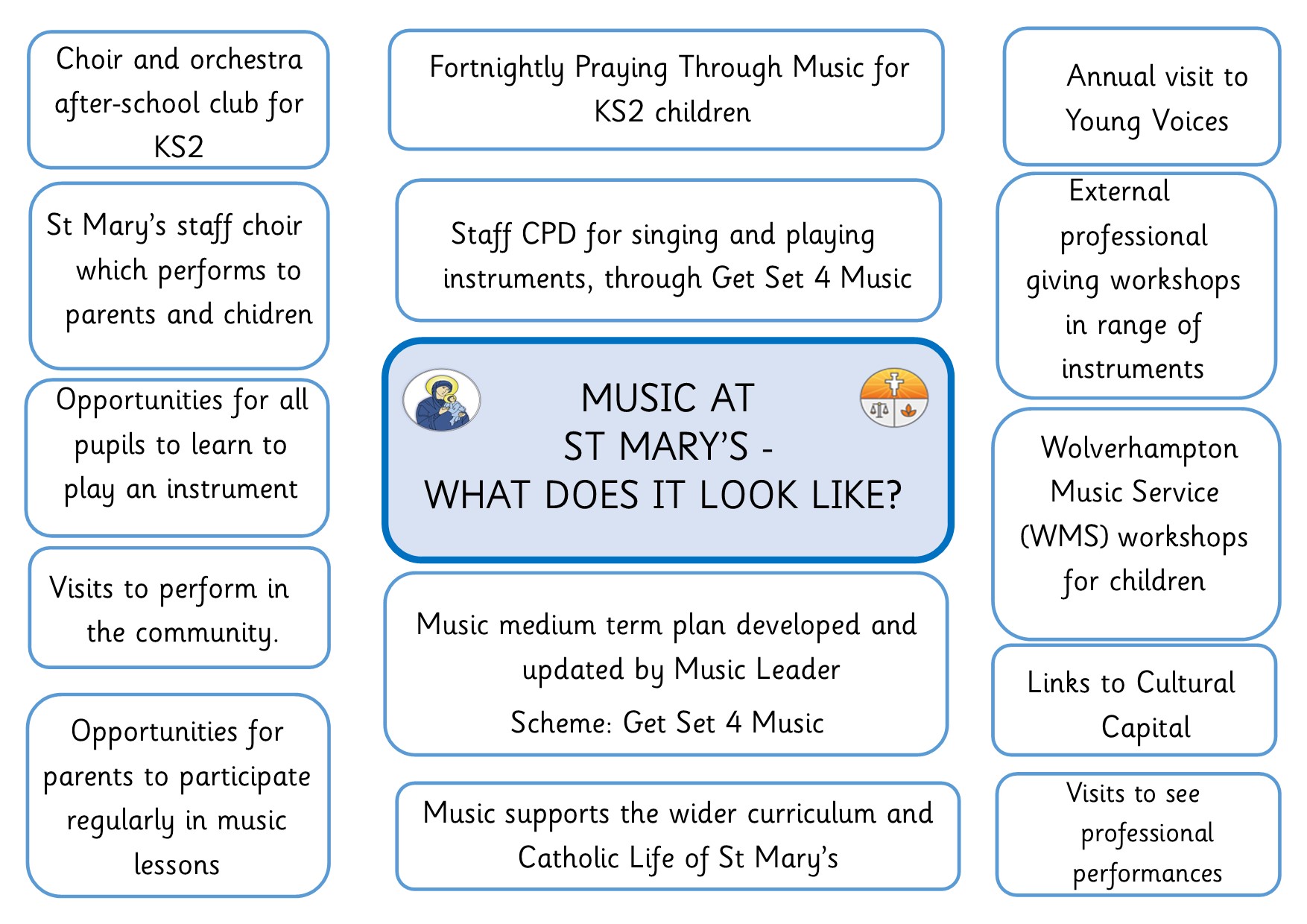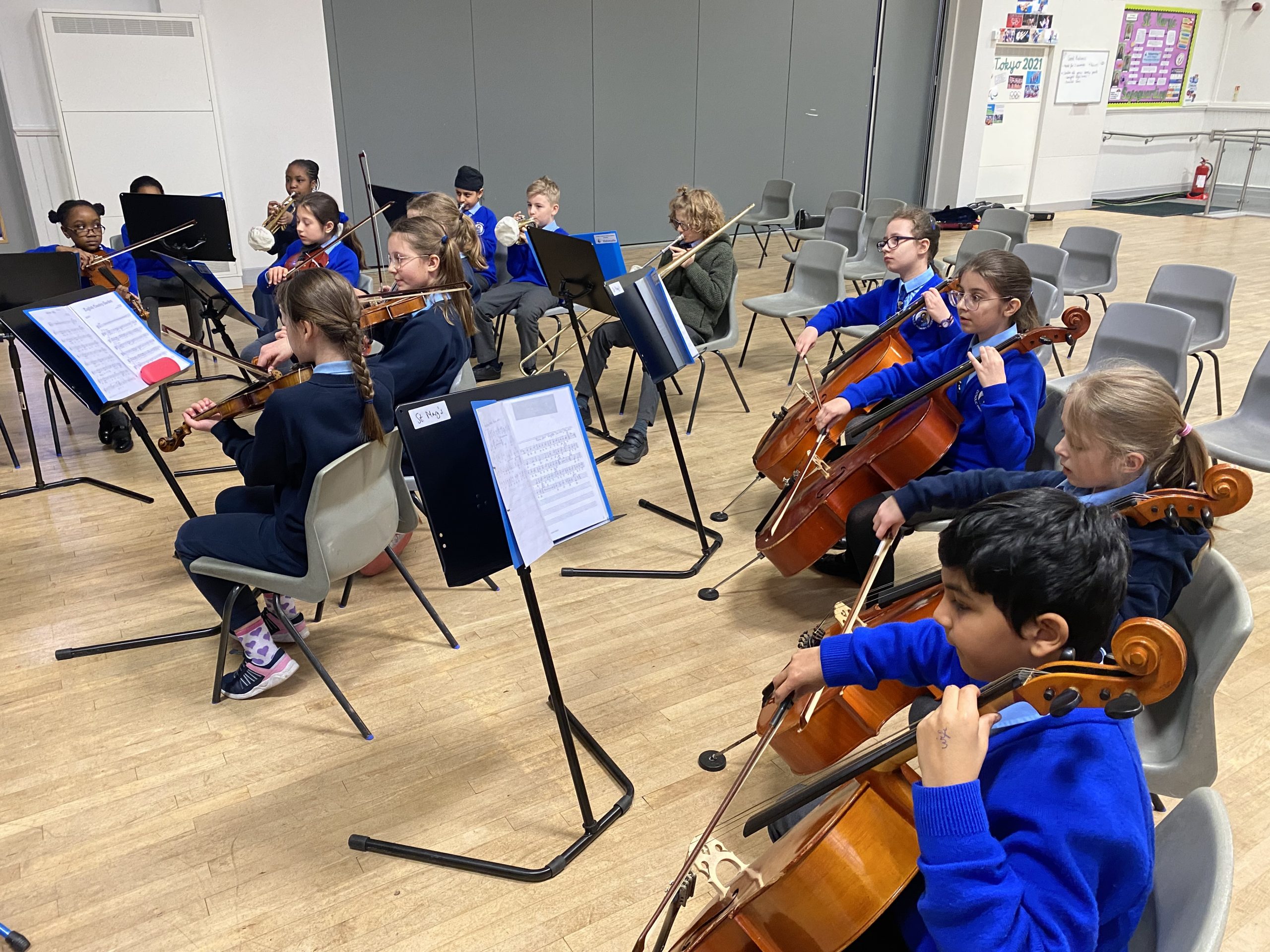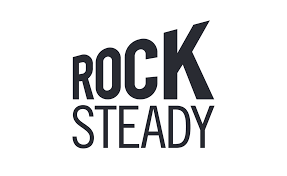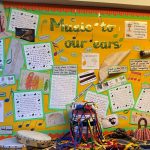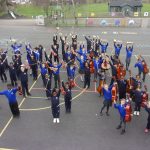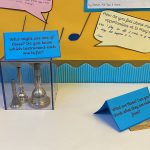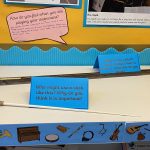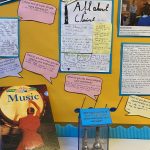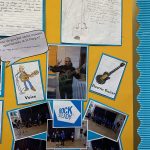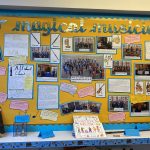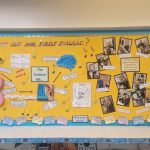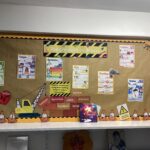Our approach to Music
At St Mary’s, we have a long tradition of music-making, helping to enhance our participation in liturgy and worship. We believe that Music is able to break down barriers, ensuring that all pupils are included, irrespective of starting points or barriers to learning.
We constantly seek to foster a love of a wide range of music, encompassing many styles and genres, as well as gaining an understanding of the long history of music. Music can positively enhance a child’s ability to read, solve problems, decode, as well as increase a sense of well-being, confidence and positive self-awareness.
Our Curriculum
We use an online scheme called Get Set 4 Music, which provides us with all of the tools needed to fulfil the requirements of the National Curriculum. It uses a wide variety of themes which engage the children and encourage participation, including providing the opportunity for all children to learn to play a musical instrument. Unit are carefully sequenced in our Long Term Plan to allow children to make connections to other areas of the curriculum, such as history or science.
Get Set 4 Music also has a structured programme for staff CPD so that subject-knowledge remains strong, especially for those who are non-music specialists. Please view the documents on this page to find out more.
Our Wider-approach
Music is heavily invested in at St Mary’s and we purchase services from Wolverhampton Music Service (WMS) to provide high-quality, expert tuition for our instrumental learners across a wide range of instruments, such as: violin, viola, cello, double bass, flute, clarinet, trumpet and baritone. WMS provides the instruments used in these lessons. We provide teaching space and arrange for children to be selected and auditioned by the WMS staff.
These children are then invited to play for our very-own school orchestra, which creates a pathway for children to play their instrument with their peers, with the ultimate aim of them continuing to enhance their talent when they leave us to move on to secondary education.
Children are also able to participate in learning contemporary instruments with Rocksteady, another of our partner organisations. Every child who takes part in Rocksteady is given the opportunity to perform to each other in class, but also to members of the wider community and their families.
Our Music Development Plan
The national plan for music education sets out the government’s vision to enable all children and young people in England to:
- learn to sing, play an instrument and create music together
- have the opportunity to progress their musical interests and talents, including professionally
There is an expectation in this plan that all schools publish a music development plan summary – please see our plan here.
Music Documents
Please view the additional documents in school:
- Music Knowledge and Skills Progression
- Music Vocabulary Progression
- Music Knowledge Organisers
- Music Unit Markers
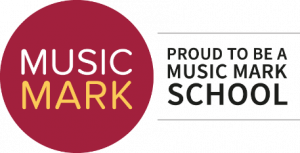
Gallery
